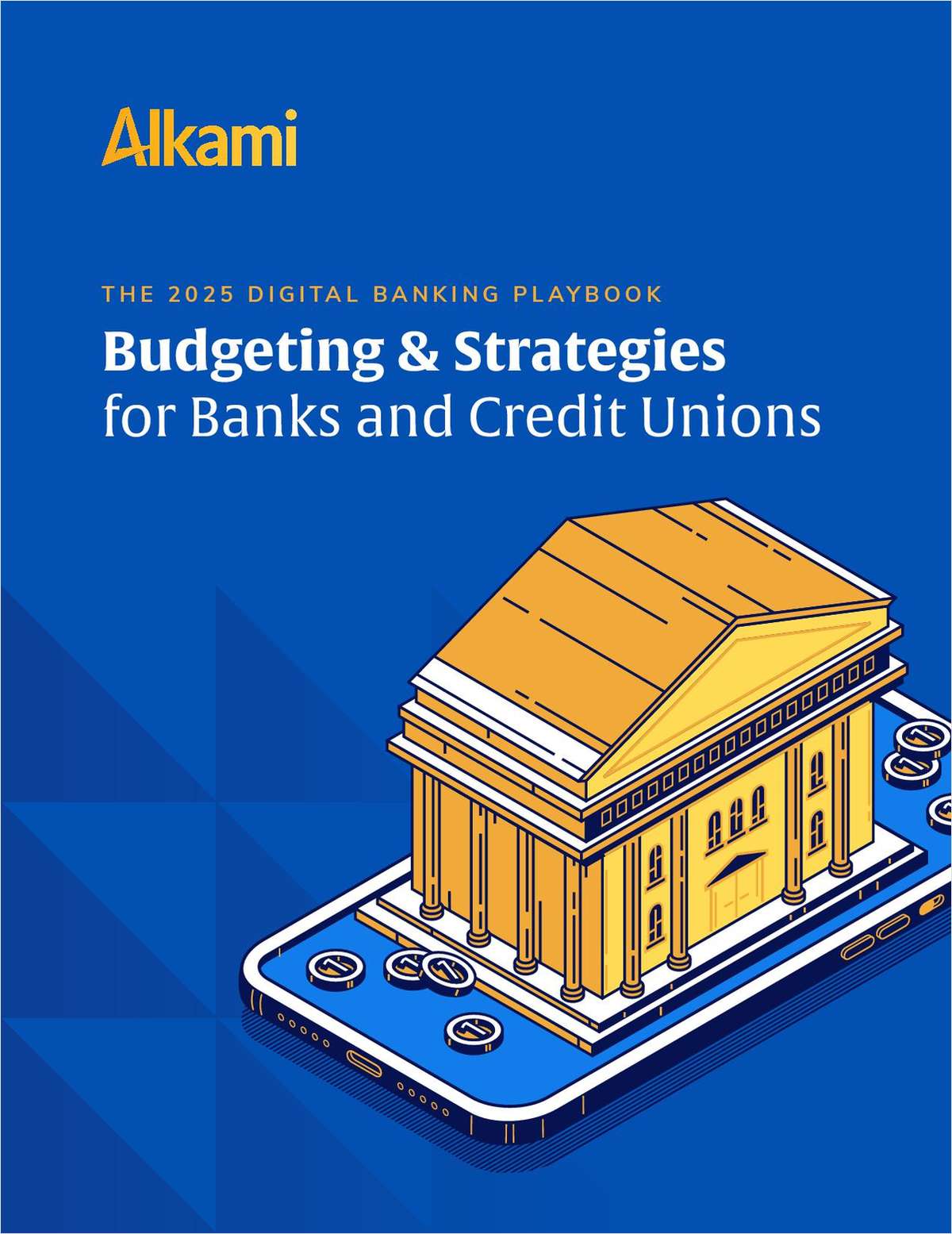WASHINGTON – In an indication of the Federal Reserve's recognition of consumers' continuing decline in use of paper checks in favor of electronic payment, the agency last week announced further changes designed, it stated in a release, "to increase the efficiency of their check-processing operations while maintaining high-quality services to depository institutions throughout the country." In February 2003, the Fed announced an initiative to reduce the number of check processing locations from 45 to 32. As part of the Fed's latest restructuring plan which will take place through 2005 and early 2006, it will close check processing operations at nine sites and shift the volume handled at these sites to other Federal Reserve locations. The closures will bring the total number of check processing sites from 45 that were in operation in 2003, to 32 by year-end 2004 and 23 by early 2006. As a result of the changes, the Reserve Banks will reduce their overall check staff on net by approximately 270 which represents about 6% of their current check employees. In the nine offices where check processing will be eliminated, the Fed estimates about 640 positions will be affected. The Fed said some staff reductions may occur through attrition and there could also be opportunities for reassignment. The Reserve Banks also estimate they will add about 370 positions at the offices that will continue handing check processing. The Fed said the implementation schedule for the restructuring will be determined in the next few months. Leaving the door open to possible additional restructurings, the Fed further stated in its release that "the Reserve Banks will also continue to review their check processing operations each year and undertake further restructurings as necessary." The Federal Reserve estimates that approximately 42 billion checks were written in the U.S. in 2000, down from about 50 billion in 1995. By 2003 the number of checks handled by the Fed was down to about 14 billion, and through June 2004 the figure was 6.4 billion. In its announcement, the Fed noted that in 2003, "Reserve Banks' check volume declined at about a 7% rate. During 2004, check volumes have declined at an accelerated pace, and such declines are expected to continue in the coming years." Cathy Minehan, president/CEO, Federal Reserve Bank of Boston called attention to this decline when, speaking in June on "U.S. Retail Payments: Opportunities and Challenges" at the Piper Jaffray Retail Banking Symposium, she stated that paper checks are "a retail payment mechanism going the way of the dodo." She continued to state that, "Consumers and businesses are increasingly choosing electronic payment forms. Moreover, even when checks are written, recent changes in law should make it possible, over time, to take the paper out of the clearing and settlement process completely, thereby increasing speed of settlement and overall efficiency." Minehan further noted that of the $2.9 trillion in payments and settlements that go through the Reserve Bank books daily, 97.9% is fully electronic. In addition, she said the number of checks written in the U.S. has been shrinking by at least 5% a year since the late 1990s. She told her audience that "the Fed's research suggests that by 2005, the number of retail payments initiated electronically will likely equal or surpass paper payments." -
Complete your profile to continue reading and get FREE access to CUTimes.com, part of your ALM digital membership.
Your access to unlimited CUTimes.com content isn’t changing.
Once you are an ALM digital member, you’ll receive:
- Breaking credit union news and analysis, on-site and via our newsletters and custom alerts
- Weekly Shared Accounts podcast featuring exclusive interviews with industry leaders
- Educational webcasts, white papers, and ebooks from industry thought leaders
- Critical coverage of the commercial real estate and financial advisory markets on our other ALM sites, GlobeSt.com and ThinkAdvisor.com
Already have an account? Sign In Now
© 2025 ALM Global, LLC, All Rights Reserved. Request academic re-use from www.copyright.com. All other uses, submit a request to [email protected]. For more information visit Asset & Logo Licensing.









